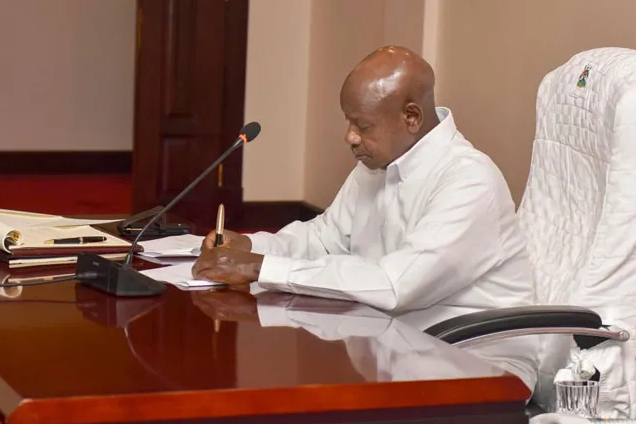News from Europe that a vast windfarm is being demolished to make way for a new open-pit coal mine is the reprehensible double standard we in Africa have come to expect. As Europeans switch their coal-fired plants back on while still demanding fossil-fuel generation remains beyond the pale for Africans. It makes a mockery of Western commitments to climate targets and their promises to help speed African development all in one breath.
We are told that these are only temporary measures, needed to mitigate the energy shortages caused by the war in Ukraine. As soon as the conflict ends, the race to a renewable future will recommence.
In Africa, we believe what we see, not what we hear.
We see hundreds of millions of our own citizens without access to electricity. We see climate-compulsive Western investment in African energy funneled into wind and solar that creates intermittent electricity and not the consistent baseload generation required to power factories or produce employment. We see Europeans with jobs made possible by diverse means of electricity production, and Africans with neither, forcing tens of thousands to make life-threatening crossings of the Mediterranean Sea to Europe.
For some years we have been told fossil fuel investment in Africa for Africans is unacceptable. More recently, through a multi-Western country agreement, a moratorium has even become legally binding. Now with Europe reinvesting in its own fossil fuel power industry to bring mothballed power plants back online, in a truly perverse twist we are told new Western investment in African fossil fuels is possible—but only for oil and gas resources that will be piped and shipped to Europe. This is the purest hypocrisy.
We will not accept one rule for them and another rule for us. We will not allow African progress to be the victim of Europe’s failure to meet its own climate goals. It is morally bankrupt for Europeans to expect to take Africa’s fossil fuels for their own energy production but refuse to countenance African use of those same fuels for theirs.
When decisions like these are being made, and without a shred of self-awareness or honor, it is no surprise some of my counterparts call for reparations or handouts. But this is the last thing Africans need or most want. Dialing down the brazen double-standards is what we desire, along with the lifting of the moratorium on fossil fuel investments for Africa herself so we can meet the needs of our own people.
With this head-spinning pietism, neither should it surprise when Africans look elsewhere for investment that comes without lectures attached. The surfeit of Chinese energy investment in Africa in recent decades can be seen through this prism. More recent arrivals, including the Turks and Indians, are helping build the infrastructure Africans need to raise their continent out of poverty and onto the world stage. Even our old friend the United Kingdom —shorn these days it seems due to Brexit of some of the pretension that still seeps from their near neighbors—is taking a more “enlightenment” approach.
If Africa was to increase electricity production just by using her known reserves of natural gas, the continent’s share of global emissions would rise from 3 percent to just 3.5 percent. Instead, Western money has poured into wind and solar projects that receive applause from the virtuous in the corridors of Congress and the chancelleries of Europe—but leave Africans without electricity when the wind does not blow, and the sun does not shine.
Africa needs to diversify, not restrict its methods of energy production. For every wind or solar array, we need continuous baseload power produced by thermal, mini-hydro, natural gas, and in time, also nuclear. Even the International Energy Agency (IEA), recently in lock-step with Europe’s African fossil fuels investment moratorium, has changed its tune—now calling for Africa to be empowered to use gas and other hydrocarbons for industrialization.
$25 billion per year—less than was spent in six months this year on Western arms to the Ukraine conflict—would, according to IEA estimates, raise 600 million people out of energy poverty by 2030 through such diversification. Africa could repay this with the proceeds from energy investments, and it would be possible to employ and grow millions out of poverty. If Europe still will not help, then we will get there through our own endeavors and with the support of the willing who do not sermonize.
Europe’s failure to meet its climate goals should not be Africa’s problem. But that continent’s determination to write one set of rules for Europeans and a different set for Africans makes it so. It means Europe is complicit in forcing poverty on Africa, and that is not acceptable and will not stand. Should no climate agreement be signed at COP 27 in Egypt this week, we should all recognize who is responsible.
Yoweri Kaguta Museveni
President of the Republic of Uganda








